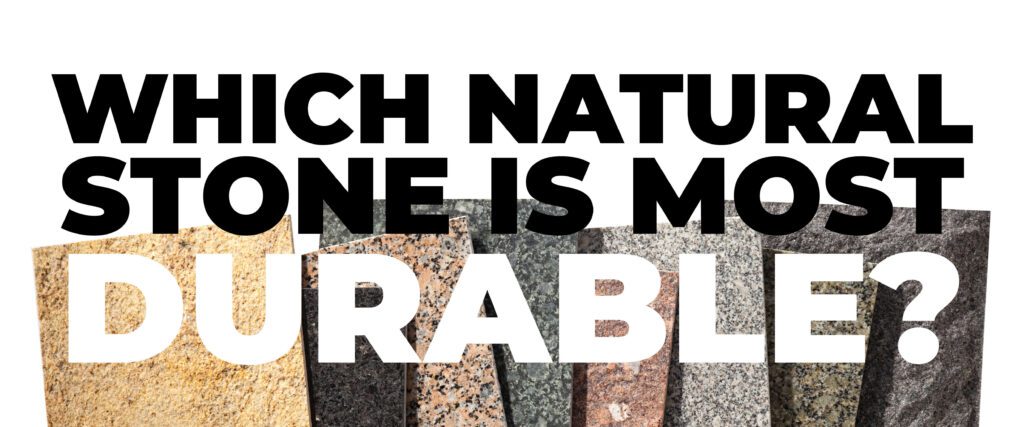
As one of the largest natural stone manufacturers and suppliers in North America, we are often asked which natural stone is most durable. While we wish we had an easy and definitive answer, in truth, the correct response is that it depends. Each natural stone has unique properties that will determine if it is the right choice for the intended application. Understanding the stones’ physical properties and for which projects they are recommended will lead to a more informed stone selection and better results.
Types of natural stone
When looking for the most durable stone for your project, understanding the different natural stones’ properties and how they will perform in the project’s environment is crucial. Working with an experienced natural stone supplier who can provide guidance and expertise early in the design process will ensure the ideal stone is selected for the project.
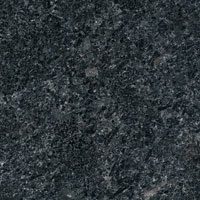

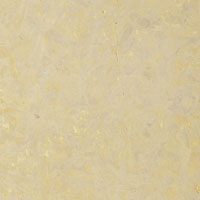

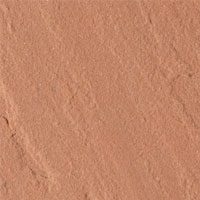

_
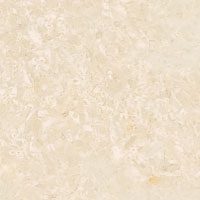

While the Mohs scale provides valuable information about the hardness of a stone, other properties’ performance should also be considered when selecting the material for your project. For example, Coldspring uses the International Standards developed by the American Society for Testing and Materials (ASTM). These standards evaluate a material’s durability through testing for absorption, density, compressive strength, modulus of rupture, abrasion resistance and flexural strength. All of these factors play a role in determining a stone’s durability for your project’s environment and desired function.


How strong is natural stone?
Strength and hardness are often used interchangeably when describing a natural stone’s durability. However, these represent just a portion of a stone’s defined durability. Durability refers to the stone’s ability to retain its beauty, handle its designated load and withstand wear and tear for generations. Strength is determined by how much load it can handle.
A stone’s strength is an important consideration for projects that include areas with heavy foot traffic, incorporate water features or involve exterior wall cladding on buildings. Natural stone is unmatched in its inherent durability and strength with many examples of beautiful structures built using natural stone centuries ago that still inspire awe today.
How do I choose a natural stone
In addition to considering the properties of each stone and accessing some of the aforementioned standards and tools, there are other factors that can help with your material selection.
- Know your overall goals. What is the owner’s vision for the space? Are there specific colors and characteristics that the project owner is drawn to? By knowing the key project goals, you can narrow down your options to the stone that best aligns with the vision.
- Gain a full understanding of natural stones’ unique properties. Knowing the materials’ attributes before you start your project will help ensure a smooth experience and result in beautiful and long-lasting designs for the spaces you create. You can start building your knowledge base by researching natural stones using reputable sources, such as the Natural Stone Institute and Coldspring.
- Natural stone comes in many colors and textures, which can vary based on the finish you choose. Connect with your stone supplier for samples to help inspire you and give you an idea of how they might vary, what to expect, and how they might fit with your project and blend with existing features.
- Ask questions! Take full advantage of your fabricator and supplier’s expertise and experience. And come prepared. Will you be able to answer these questions when asked?
- What is the desired appearance of the end product?
- What is the application for the stone?
- How is it intended to function?
- What’s the required durability of the stone?
- What physical properties are important?
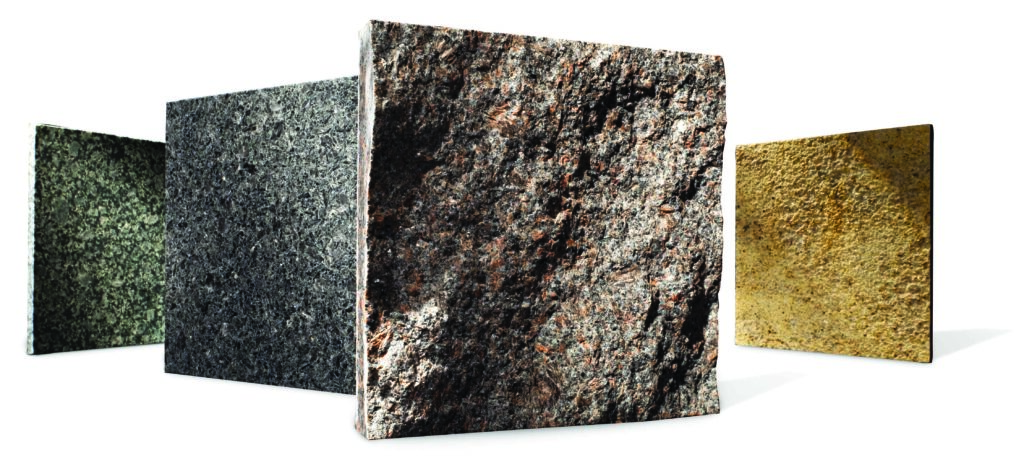

For more information on the durability and other physical properties of natural stone and for support in selecting the best stone fit for your next project, contact us here.